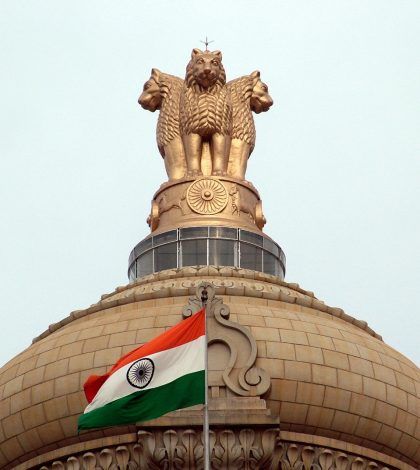Talaq-e-Biddat or Triple Talaq is a type of divorce form which is practiced in the Islamic religion. Here, a Muslim man can divorce his wife just by saying ‘divorce’ three times without giving any proper reason and it isn’t even necessary for the wife to be present there. The pronouncement could be oral or written, in recent times, it is delivered by electronic means such as telephone, SMS, email or social media.
This practice of triple talaq has been going on for the past 1400 years from the period of Caliph Umar. Although, triple talaq is not mentioned in the Quran and this practice is barred by many Islamic countries like Pakistan and Bangladesh and it is largely disapproved by Muslim Scholars. Triple talaq, in Islamic law, is based upon the belief that the husband has the right to reject or dismiss his wife without giving any proper reason.
The practice of Talaq-e-Biddat faced a lot of opposition from Muslim women and thus they filed a petition against the practice of triple talaq in the Supreme Court of Justice. The petitioners asked for section 2 of the Muslim Personal Law (Shariat) Application Act, 1937 to be scrapped, describing it as being against Article 14 of the Constitution which is equality before the law. It was filed on 16th February 2017.
The case was called Shayara Bano vs Union of India & others. Shayara Bano was the person who filed the petition against the practice of Triple Talaq she is a woman from Uttarakhand who was granted instant Triple Talaq by her husband through a letter, ending their 14-year marriage just because she wouldn’t give dowry to her husband. Her husband also refused her custody of her two children. Shayara Bano challenged this practice before the Supreme Court on the ground that it is discriminatory and against the dignity of women.
There were five judges on the bench for the Shayara Bano case:
- Hon’ble Justice Jagdish Singh Khehar
- Hon’ble Justice Kurian Joseph
- Hon’ble Justice Rohinton Fali Nariman
- Hon’ble Justice Uday Umesh Lalit
- Hon’ble Justice S. Abdul Nazeer
Mr Amit Chadha represented Shayara Bano in this case. The court issued its judgment on August 22, 2017, declaring the matter unlawful by a 3:2 majority. Justices Rohinton Nariman and Uday Lalit argued that the practice is illegitimate as it is whimsical.
And, according to Justice Kurian Joseph Triple Talaq is prohibited in the Quran and what is prohibited in the Quran cannot be legitimate in the Shariat. Chief Justice Khehar and Justice Abdul Nazeer claimed that the Shariat act of 1937 does not control triple talaq, but that it is an intrinsic facet of personal law. As a result, Article 25 protects it. The court then ordered the Parliament to pass legislation that will prohibit the practice of Triple Talaq.
The Triple talaq decision has become a landmark decision in this country, particularly in terms of private law. No longer can a husband abandon his wife by breaking the marital ties based on his urges and desires. The nation, on the other hand, is concerned about the minority bench’s viewpoint as the Chief Justice of India prioritizes the practice of triple talaq while ignoring the widespread criminal activities.


